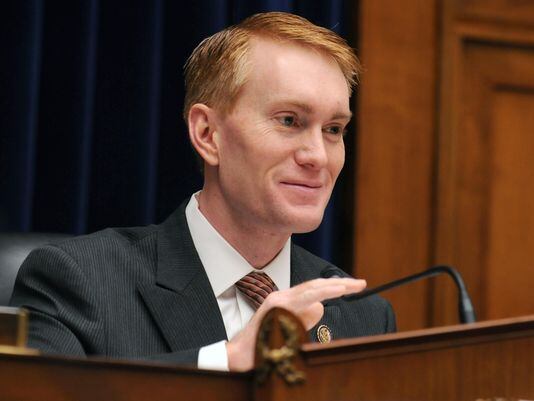A bipartisan pair of lawmakers have introduced legislation cracking down on federal retirement benefits fraud and misuse.
The Representative Payee Fraud Prevention Act of 2015 would give U.S. attorneys the statutory authority to prosecute federal retiree representatives who misuse funds from the Federal Employees Retirement System and the Civil Service Retirement System.
This bill classifies the crime of misusing federal retirement funds as a 'felony' which will deter deceitful caretaker behavior and provide the same protections that Social Security and Veterans payees currently receive.
Senators James Lankford, R-Okla., and Heidi Heitkamp, D-N.D., the chairman and ranking member of the Homeland Security and Governmental Affairs subcommittee on regulatory affairs and federal management, said an increase in embezzlement of government benefits by the representatives of federal retirees led to the need for legislative solutions.
Federal retirees sometimes require a financial representative to help manage their saved funds and pensions – as well as minors and those with mental disabilities who receive benefits – but they don't have the protections they need to ensure their payments are handled properly, according to the senators.
See also: Federal group asks OPM to promote phased retirement
See also: Senate axes TSP tax penalty for retired federal officers
"It's important that the Federal Employees Retirement System and Civil Service Retirement System work as intended for federal employees and are protected from fraud," Lankford said. "Many government workers devote their lives to public service – we must fight the embezzlement of their benefits to ensure a more reliable retirement for them and their families."
Heitkamp said while most financial representatives are loved ones who selflessly step in to manage the retiree's finances, there are a few bad actors who decide to steal that money instead.
"Such harsh actions deserve harsh punishments. Our bipartisan bill would help deter these activities by imposing criminal penalties on financial caregivers who prey on some of our most vulnerable federal retirees and beneficiaries," Heitkamp said.





